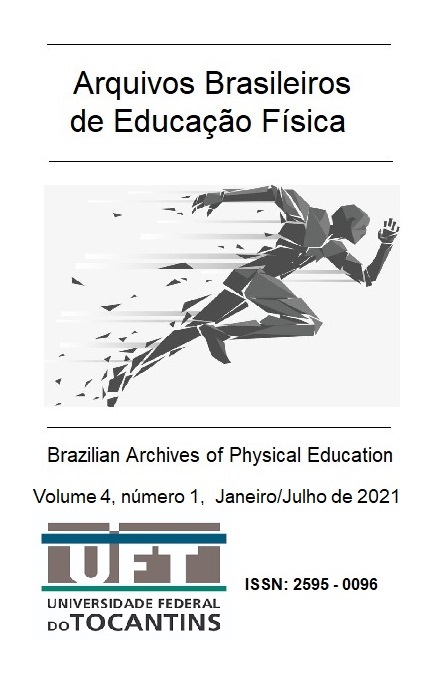Enhancing non-verbal communication through gamification: the case of treasure hunt
DOI:
https://doi.org/10.20873/abef.2595-0096.v4n1p101106Keywords:
Recreational therapy, Communication, Leadership, FrugalityAbstract
Abstract: An adapted version of “treasure hunt” serious game can help participants’ to improve non-verbal skills and understand the crucial role of servant leadership. This case-work with ten participants outlines how individuals tend to use traditional rules when they consider to be aware of a game/situation. However, in this casework, I observed how in “learning-by-doing”, individuals managed to leave their comfort zone and learn the new rules while practicing them. Furthermore, this caseworks helped to teach the importance of non-verbal communication skills and the soft role of servant leaders.
References
Marney A. White, "The Benefits of Recreational Therapy", Healthline. Available at: https://www.healthline.com/health/recreational-therapy (Accessed on 26/06/2021)
Kunstler R.A., Stavola Daly A. (2010), “Therapeutic Recreation Leadership and Programming”, Human Kinetics.
Catchpole K, Neyens DM, Abernathy J, Allison D, Joseph A, Reeves ST. (2017), "Framework for direct observation of performance and safety in healthcare", BMJ Qual Saf, 26(12), pp. 1015-1021.
Cagiltay, N. E., Ozcelik, E., & Ozcelik, N. S. (2015). The effect of competition on learning in games. Computers & Education, 87, 35-41.
Hanse JJ, Harlin U, Jarebrant C, Ulin K, Winkel J. (2016). The impact of servant leadership dimensions on leader-member exchange among health care professionals. J Nurs Manag, 24(2), pp. 228–234.
Deroo, C. (2006), "What's Right with Me: Positive Ways to Celebrate Your Strengths, Build Self-Esteem and Reach Your Potential", New Harbinger Publications.
Sczesny, S., Bosak, J., Neff, D., & Schyns, B. (2004), "Gender stereotypes and the attribution of leadership traits: A cross-cultural comparison", Sex roles, 51(11-12), pp. 631-645.
Downloads
Published
How to Cite
Issue
Section
License
Proposal for Copyright Notice Creative Commons
1. Policy Proposal to Open Access Journals
Authors who publish with this journal agree to the following terms:
A. Authors retain copyright and grant the journal right of first publication with the work simultaneously licensed under the Creative Commons Attribution License that allows sharing the work with recognition of its initial publication in this journal.
B. Authors are able to take on additional contracts separately, non-exclusive distribution of the version of the paper published in this journal (ex .: publish in an institutional repository or as a book), with an acknowledgment of its initial publication in this journal.
C. Authors are permitted and encouraged to post their work online (eg .: in institutional repositories or on their website) at any point before or during the editorial process, as it can lead to productive exchanges, as well as increase the impact and the citation of published work (See the Effect of Open Access).




